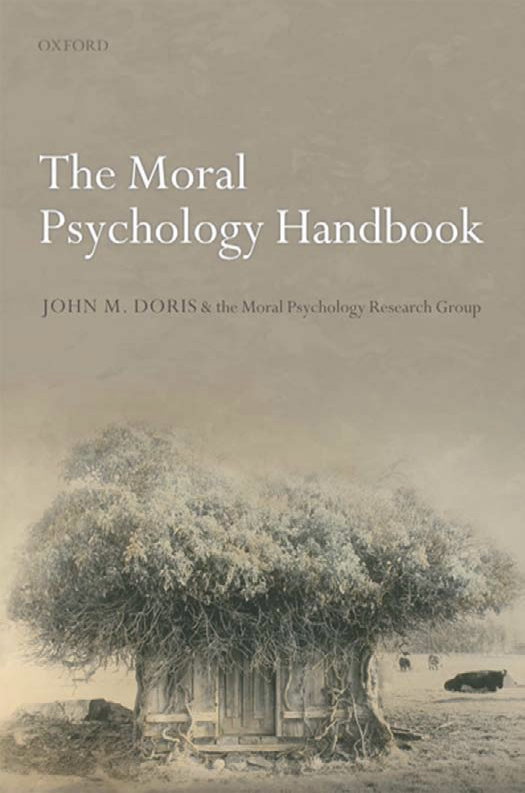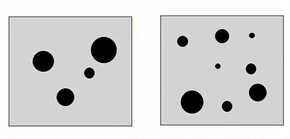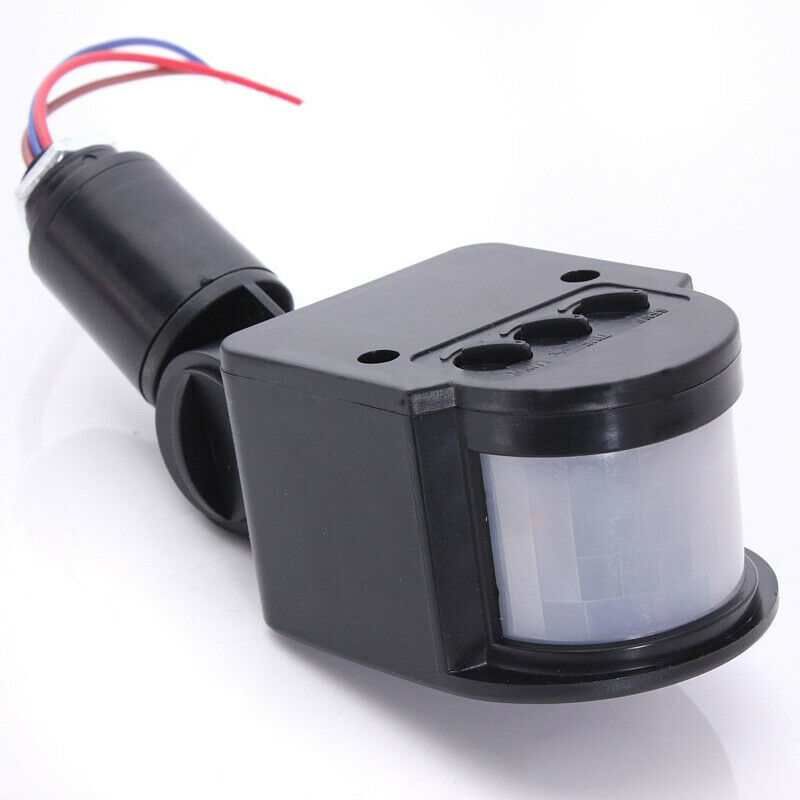Click here and press the right key for the next slide.
(This may not work on mobile or ipad. You can try using chrome or firefox, but even that may fail. Sorry.)
also ...
Press the left key to go backwards (or swipe right)
Press n to toggle whether notes are shown (or add '?notes' to the url before the #)
Press m or double tap to slide thumbnails (menu)
Press ? at any time to show the keyboard shortcuts

Part I: What ethical abilities do humans have? What states and processes underpin them?
Do emotions influence moral intutions?
Sinnott-Armstrong et al (2010), ‘Moral Intuitions’ in Doris et al (ed)

What are moral intutions?
Unreflective ethical / linguistic / mathematical judgements
[1] He is a waffling fatberg of lies.
[2]* A waffling fatberg lies of he is.
Two projects -- everyday life vs philosophy
Part I: What ethical abilities do humans have? What states and processes underpin them?
Do emotions influence moral intutions?
A related question ...

What do adult humans compute that enables their unreflective judgements to track moral attributes (such as wrongness)?
Hypothesis:
They rely on the ‘affect heuristic’: ‘if thinking about an act [...] makes you feel bad [...], then judge that it is morally wrong’.
Sinnott-Armstrong et al, 2010
What do adult humans compute that enables their unreflective judgements to track toxicity?
| device | What is tracked? | What is computed? |
| motion sensor | human movement | infared energy |
| poison detector | toxicity | how encountering it makes me feel |
| moral intuition | right and wrong | how it makes me feel |
Q1. Do emotions influence moral intutions?
Q2. What do adult humans compute that enables their unreflective judgements to track moral attributes (such as wrongness)?
Hypothesis [re Q2 & Q1]:
They rely on the ‘affect heuristic’: ‘if thinking about an act [...] makes you feel bad [...], then judge that it is morally wrong’.
Sinnott-Armstrong et al, 2010
What evidence could bear on the issue?